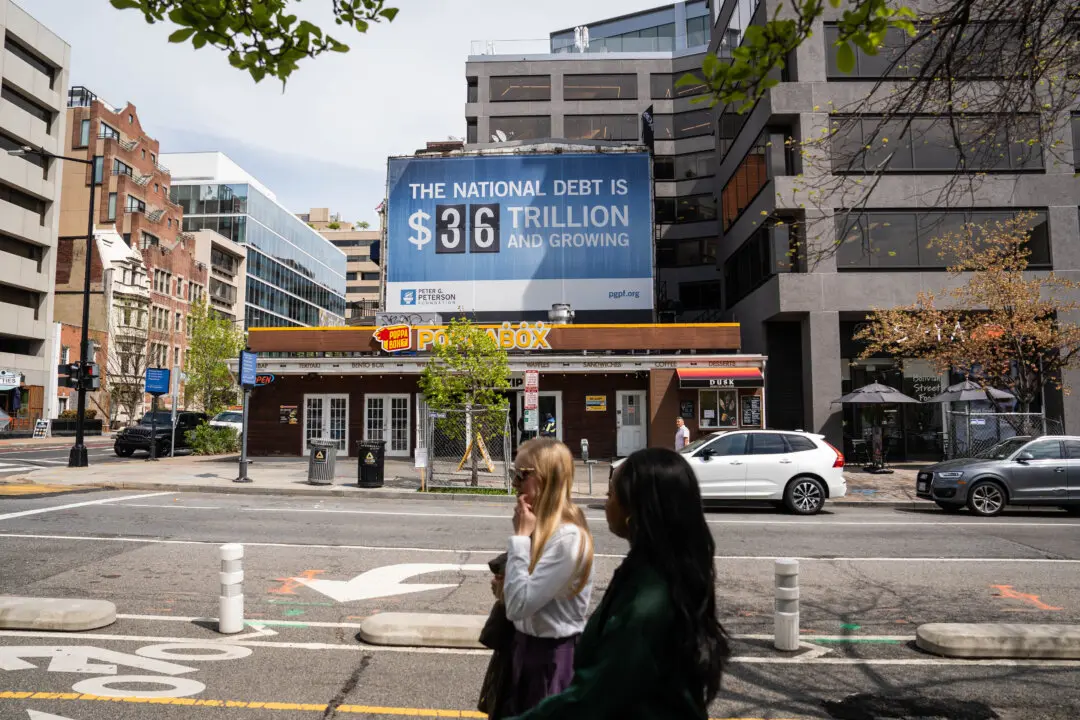Elon Musk, the billionaire CEO of Tesla and Twitter, thinks the next recession will be comparable to the global financial crisis of 2008–09.
While speaking during a Twitter Spaces discussion on Dec. 22, Musk acknowledged that while the U.S. economy is currently in a recession, 2023 will result in a “serious” economic downturn.





